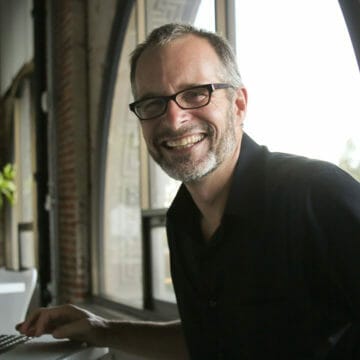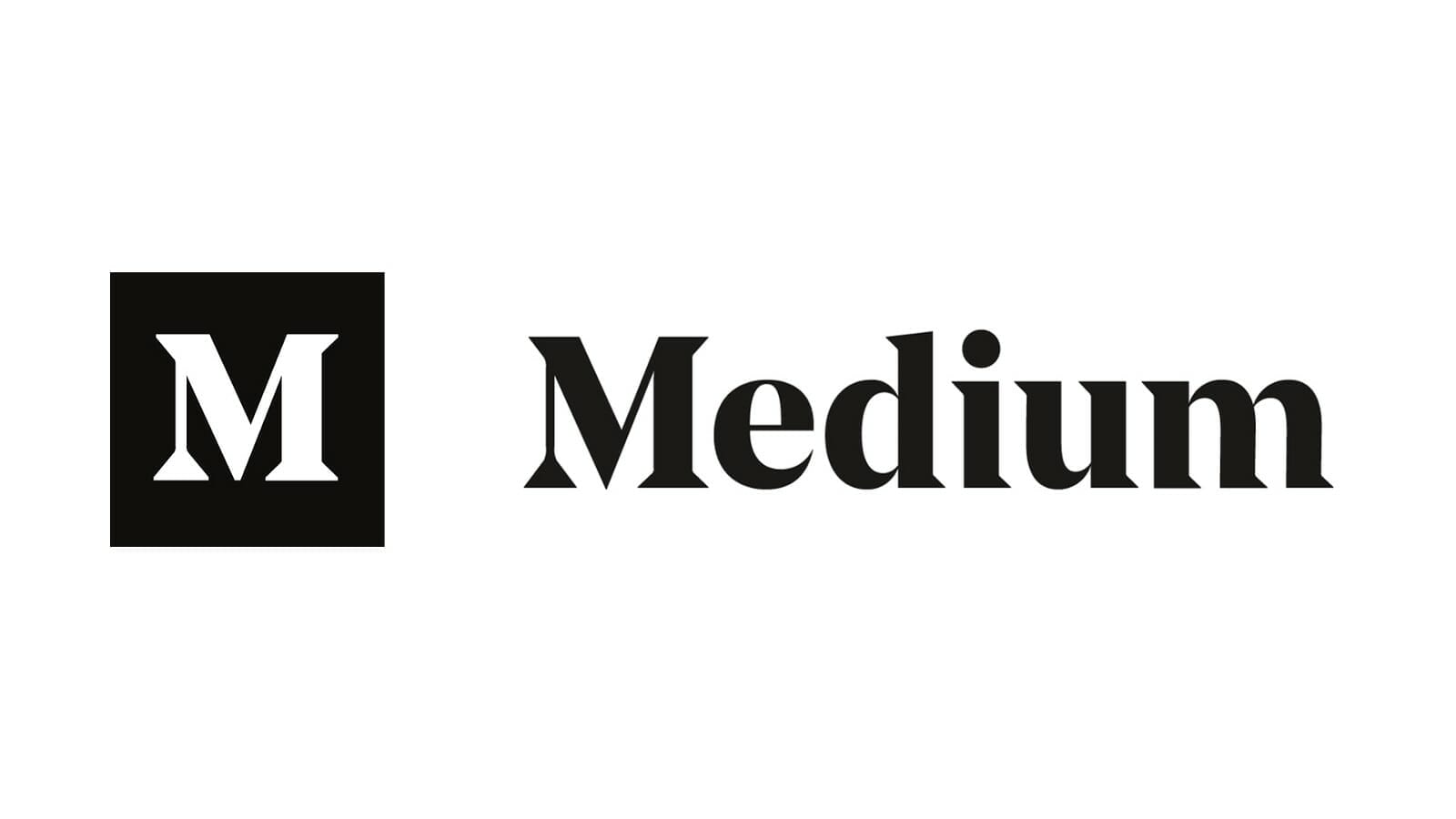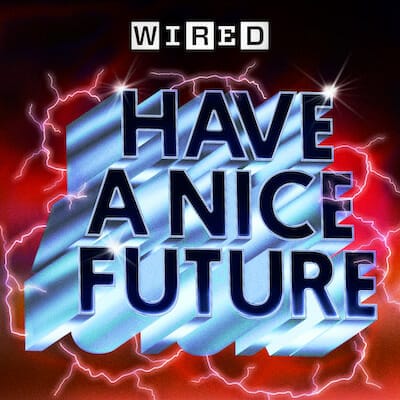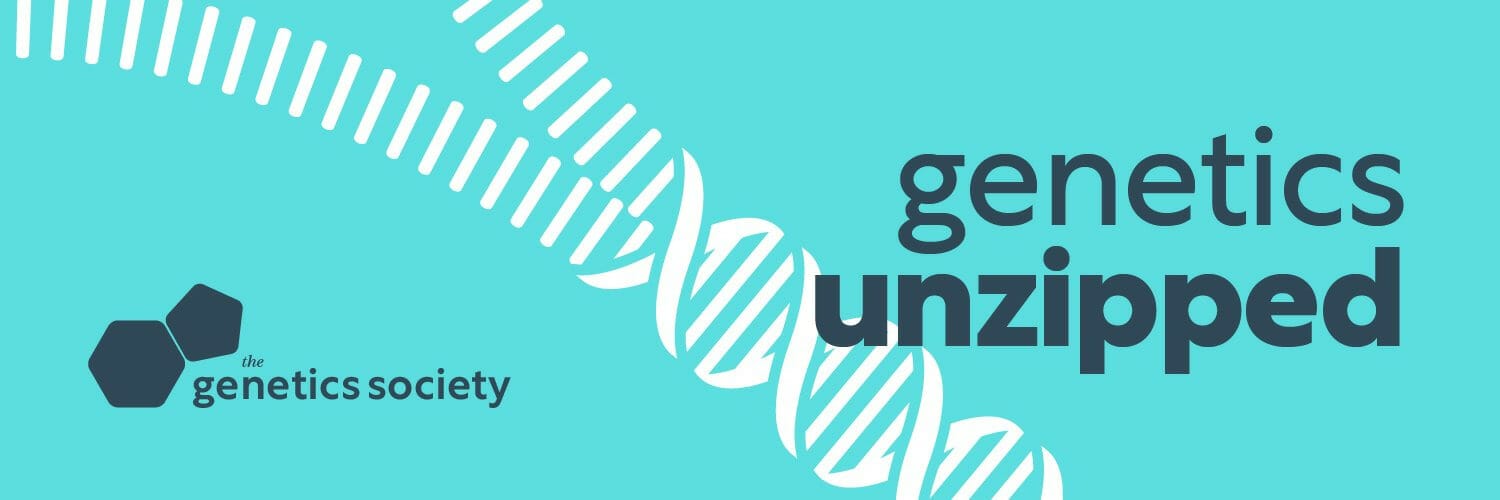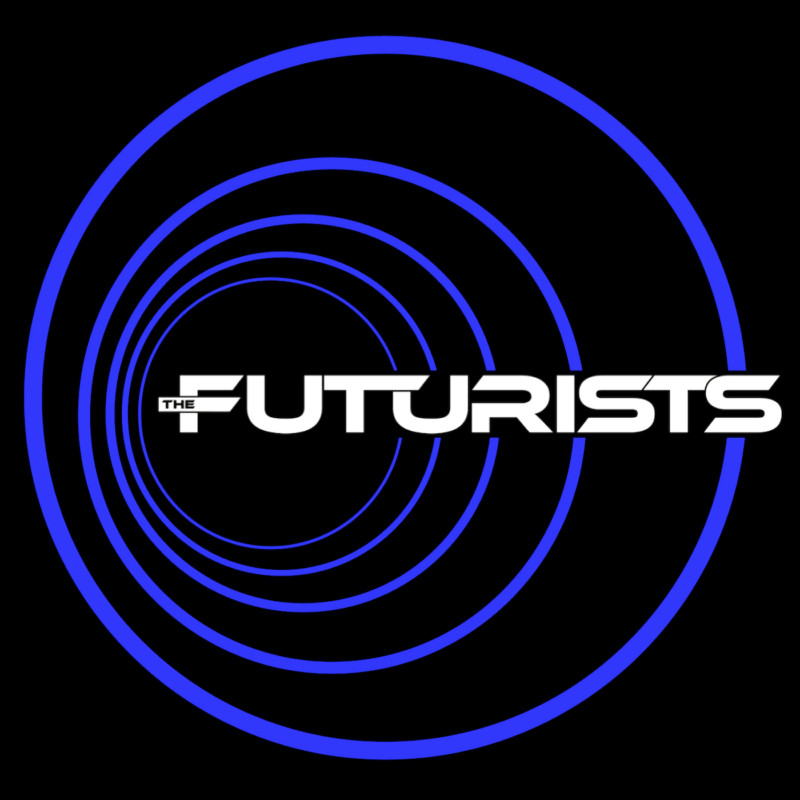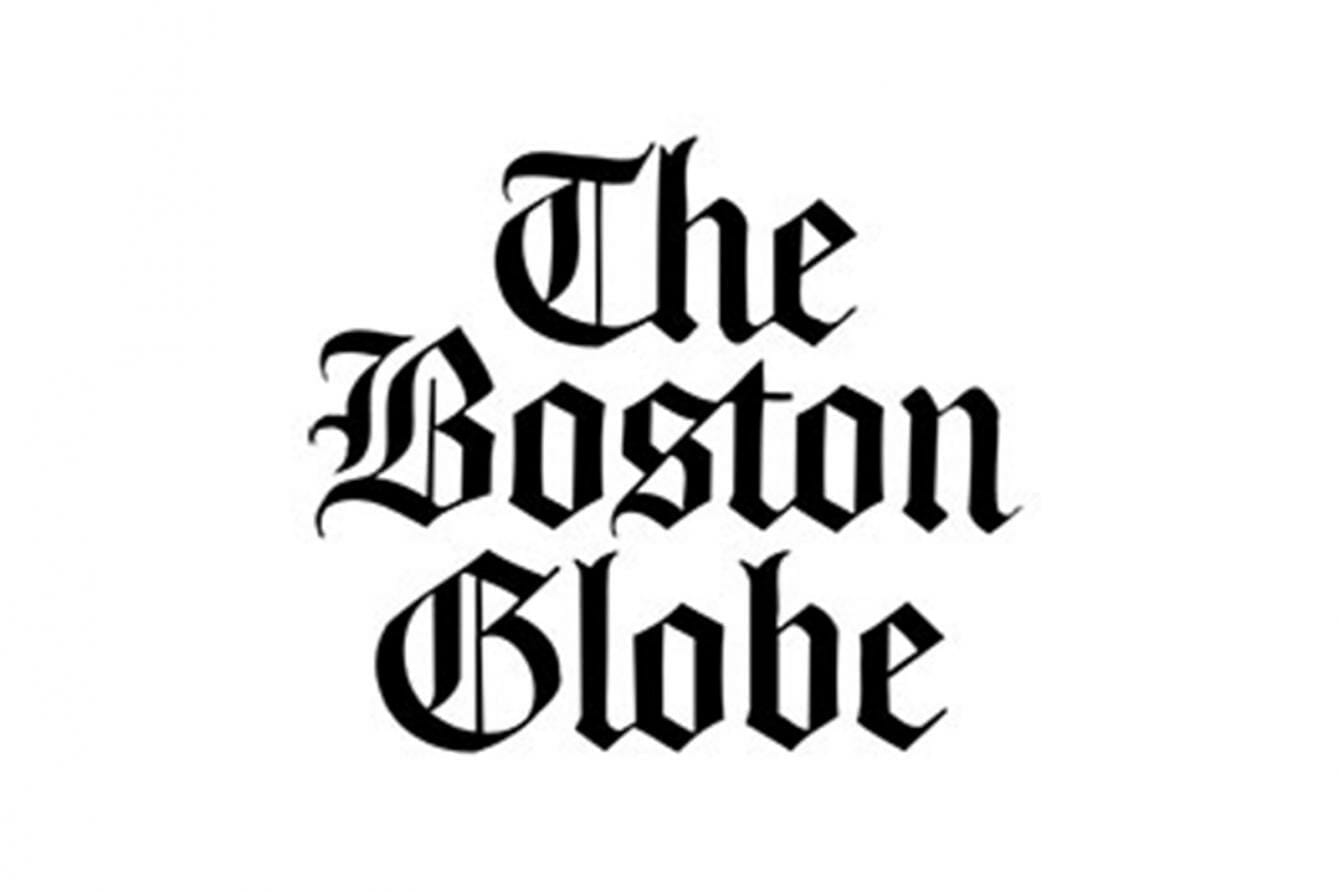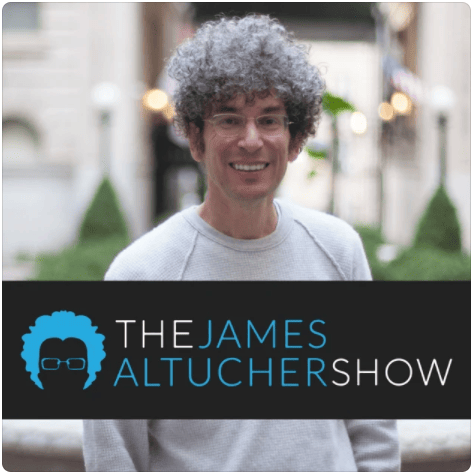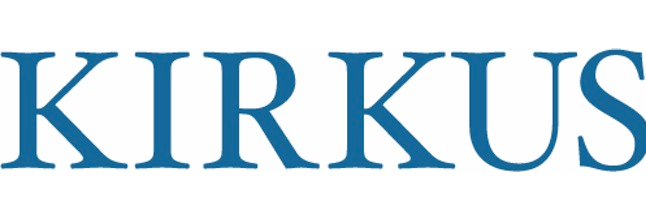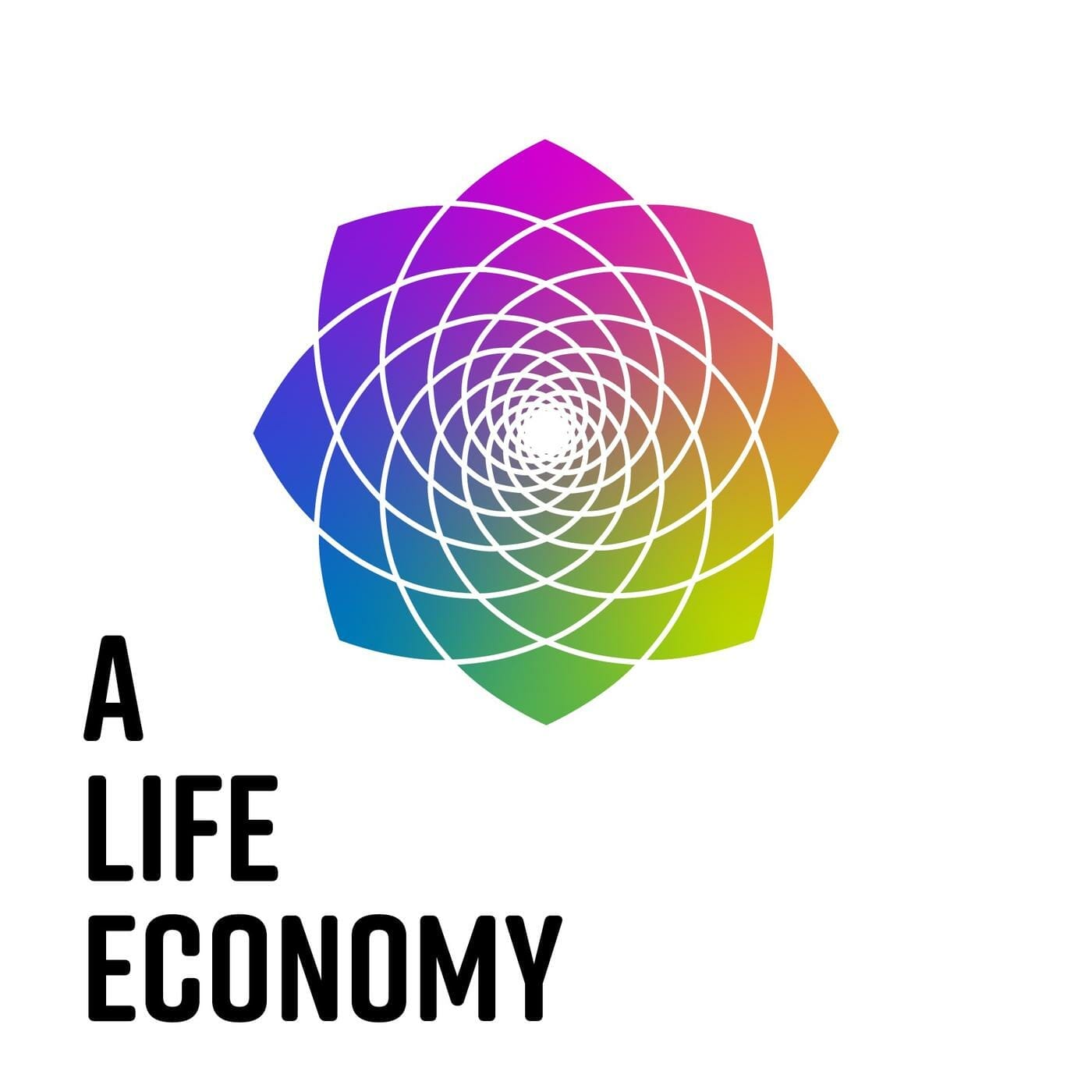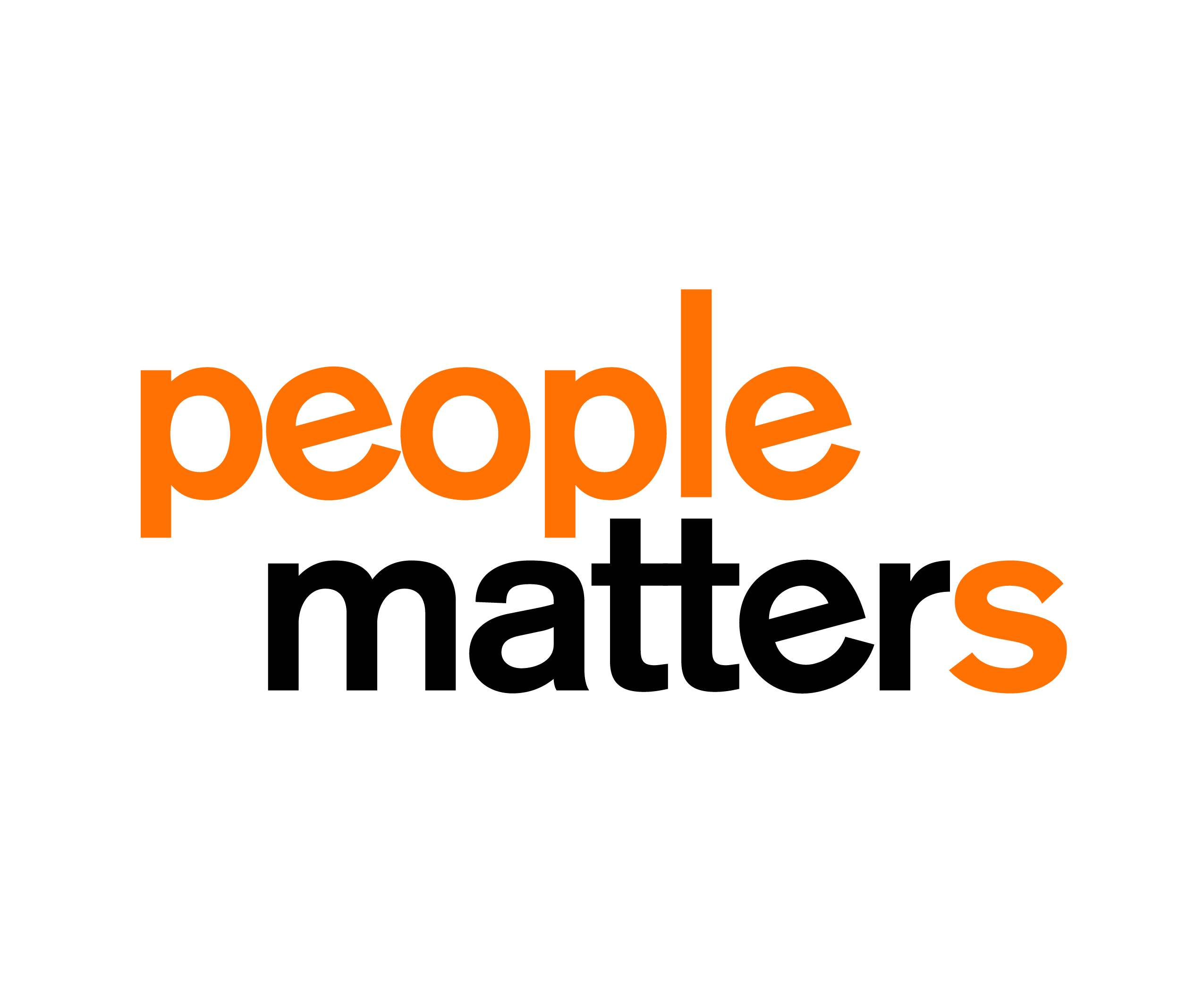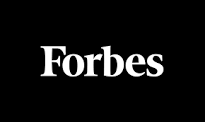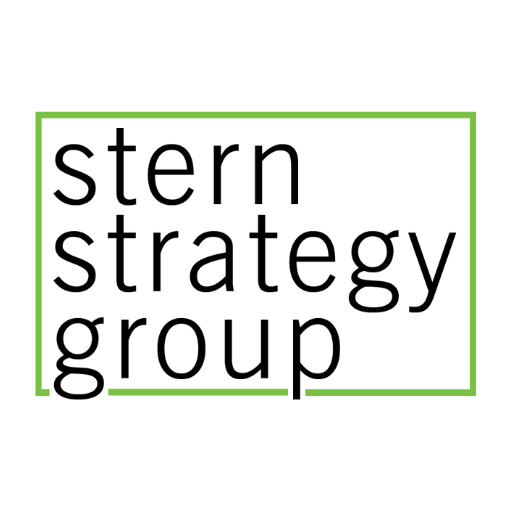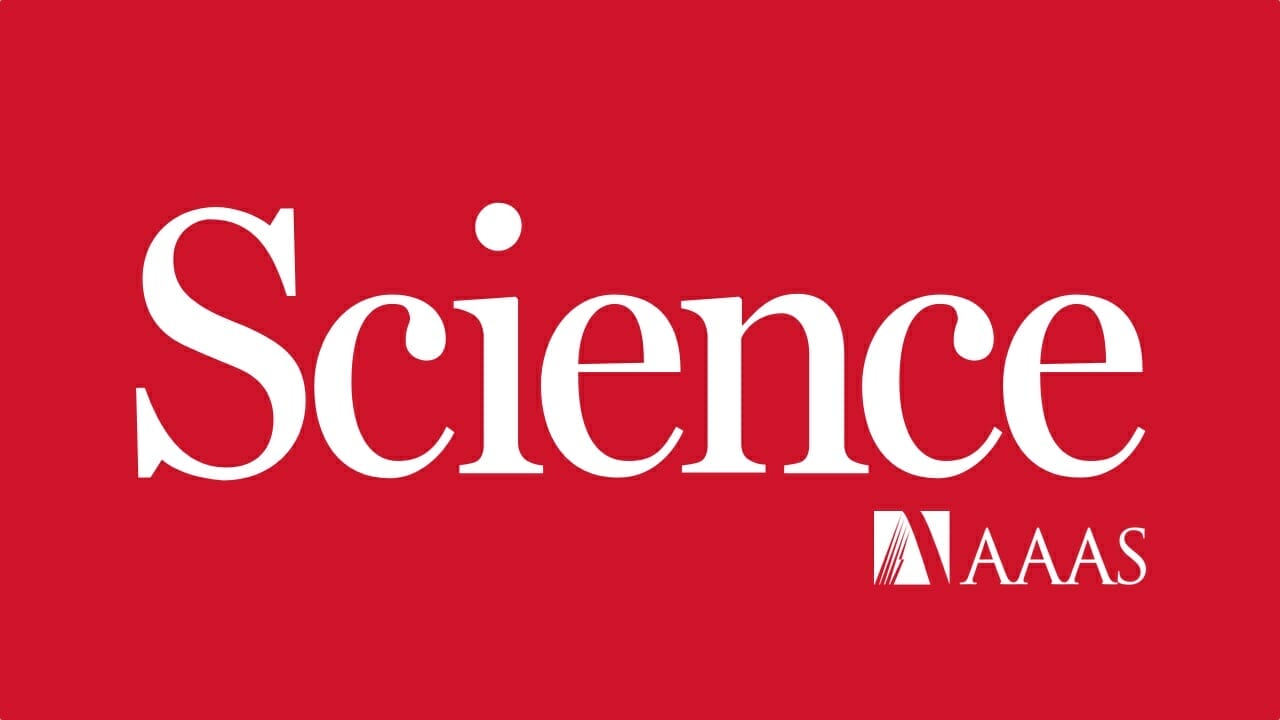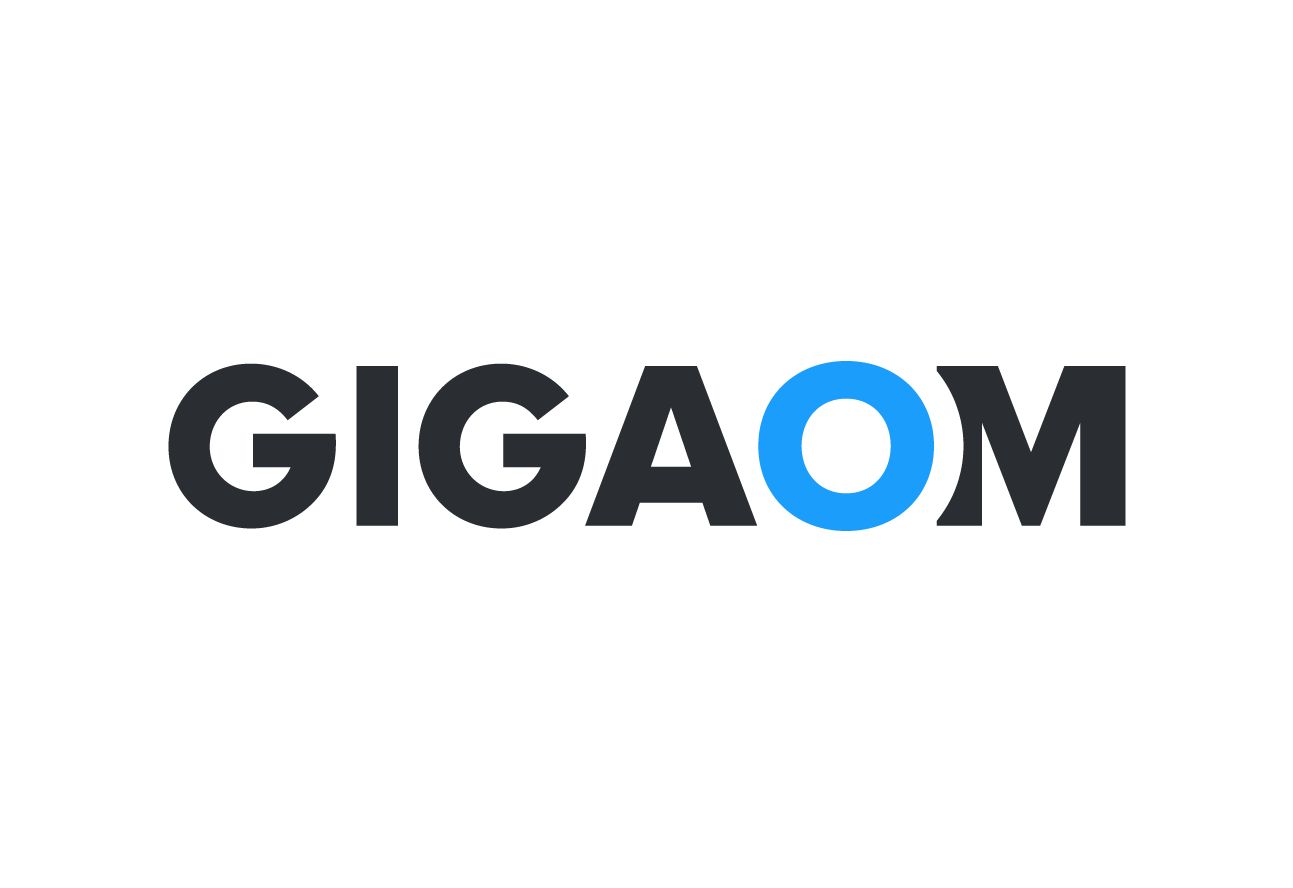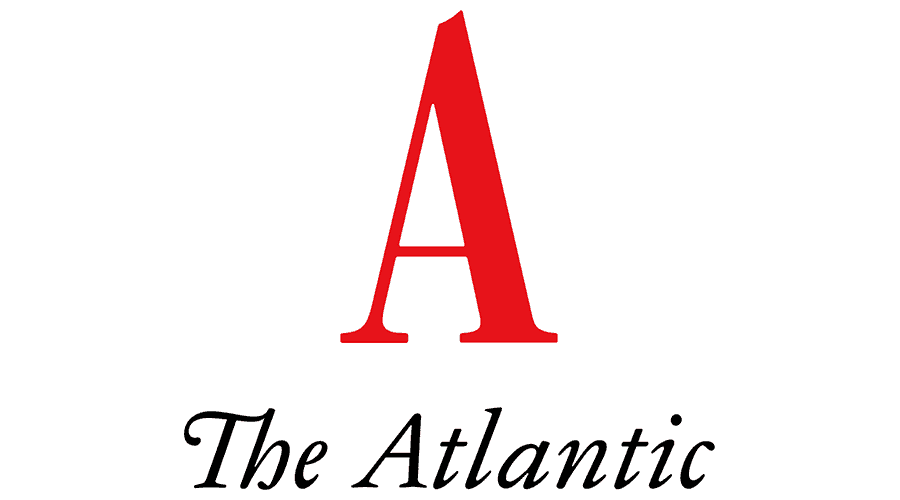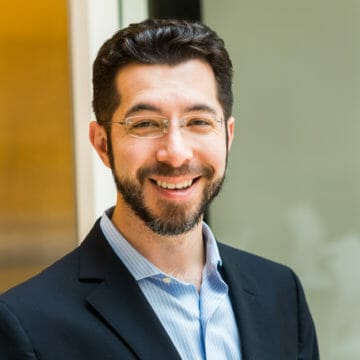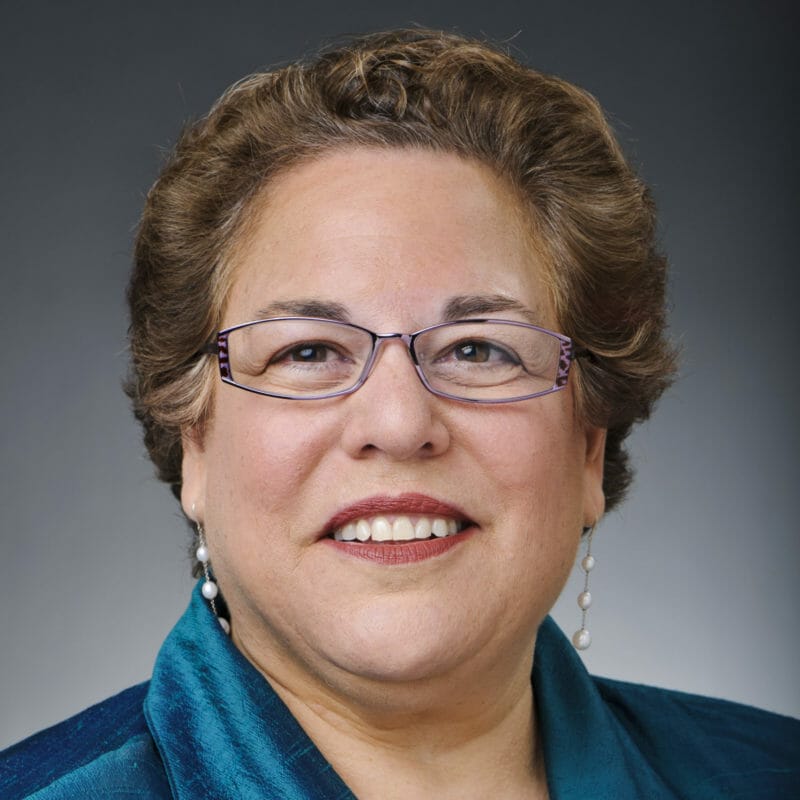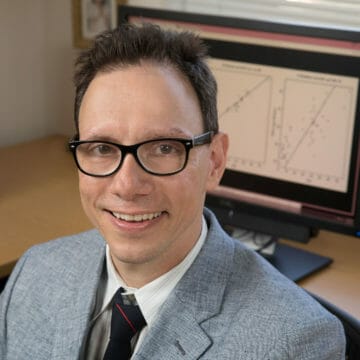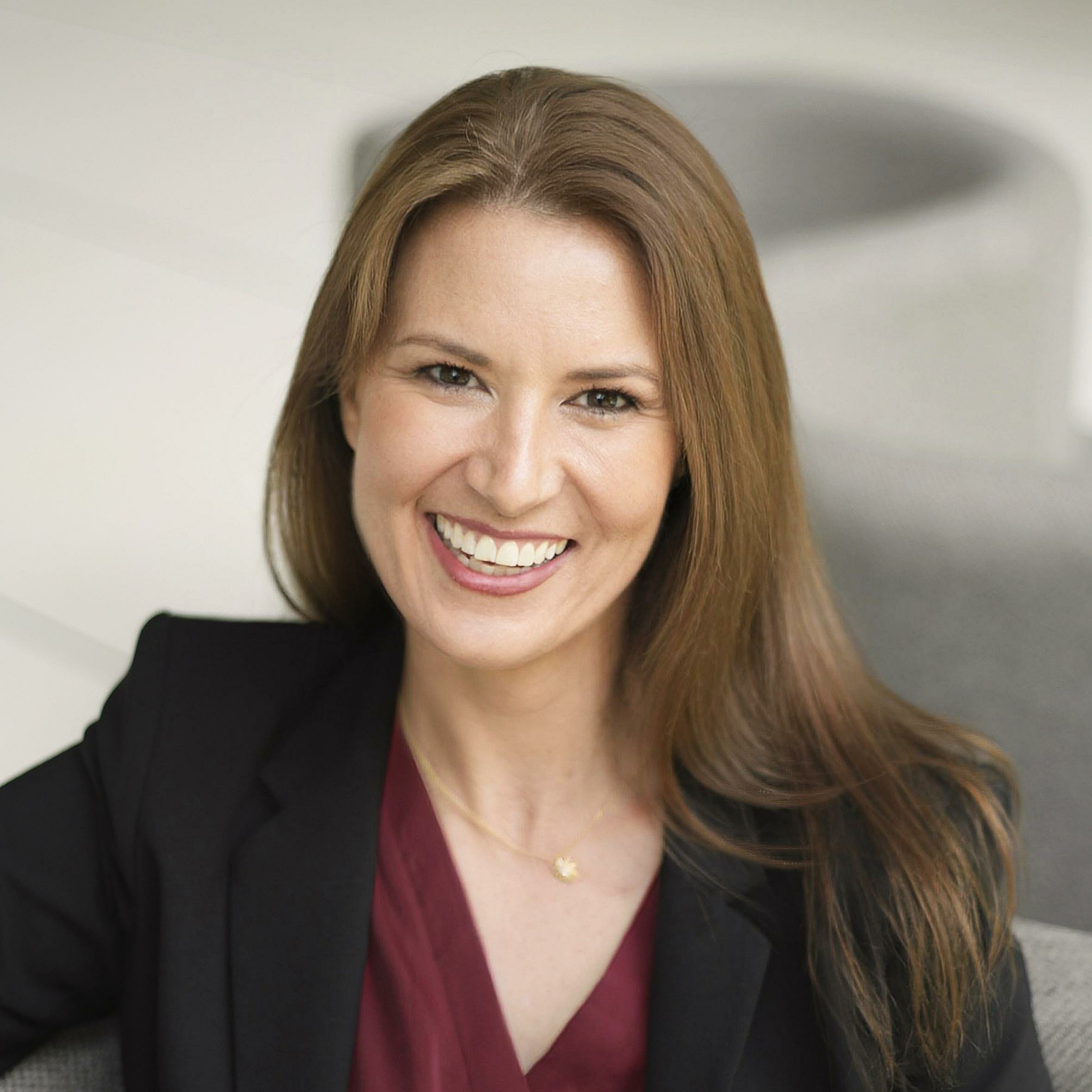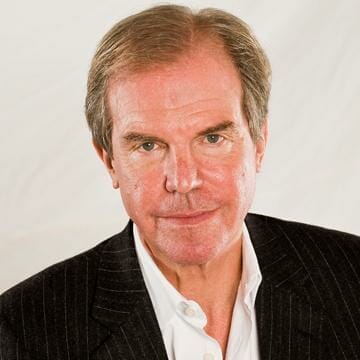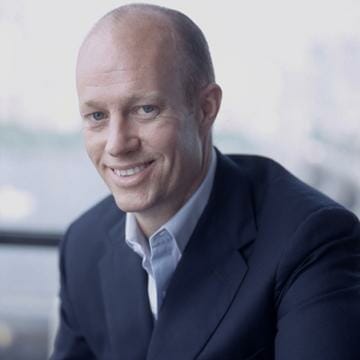Videos
Learn More About Andrew Hessel
Imagine a future where germ detection systems are as ubiquitous as smoke detectors. In this world, the bio-manufacturing of medicines and vaccines at pharmacies and doctors’ offices can quickly and cost-effectively address specific diseases or virus strains. We can also engineer cells to destroy cancer and fight the next viral outbreak before it becomes a global pandemic. In this future, millions of people will program biological machines the way we program computer systems today, creating new foods, materials, and biosystems to meet the needs of billions more.
This is the world we are entering – one that’s on the cusp of the greatest technology shift in history, says geneticist and futurist Andrew Hessel, founder and past president of Humane Genomics and co-executive director of the Genome Project-write (GPW). In his highly engaging presentations, Hessel helps leaders and investors across sectors understand and prepare for emerging opportunities in the biotech space.
A true synthetic biology trailblazer, practicing scientist and biotech industry leader, Hessel’s debut co-authored book, “The Genesis Machine: Our Quest to Rewrite Life in the Age of Synthetic Biology” (Public Affairs, 2022), details the enormous possibilities on the horizon, while simultaneously addressing the avenues that can lead to the misuse of synthetic biology, touching on potential ethical, political, religious and social issues. An Amazon #1 new release in biomedical engineering filled with personal, eye-opening stories of the impact of biology on everyday life, the book was described as “a wrinkle on the near future that many readers will not have pondered — and should” by Kirkus Reviews. Hessel’s work focuses on improving the human experience, using biology to help prevent harmful viruses, cure diseases and address major issues like food scarcity and climate change. His extensive research on viruses energized him and his colleagues to design a plan to prevent the next biological war.
“It is my firm belief that sustainable synthetic biology applications will create a better world for future generations, which is why I wrote this book,” says Hessel. “Programming biology is going to take us to the next level of manufacturing, recycling and producing new materials that nature gives us the hardware to do, but evolution never selected it to do.”
A sought-after consultant to businesses and governments, Hessel speaks widely on a range of topics including cells as programmable living factories, viruses as an emerging software industry, the ethical uses of bioengineering and how to achieve effective biological safety and security. He sees a near-future where the best long-term data storage format is DNA, which will be kept in physical bio-banks, like the San Diego Zoo’s frozen zoo. As both a scientist and a founder, Hessel’s visionary instincts continue to help steer the direction of the future of biotech, helping leaders to be informed about and prepared for the next innovations on the horizon.
The Future of Everything: Programmable Biology as the Operating System of Cells
Scientists are “writing the operating system for cells,” says Hessel, who highlights how the many advances in synthetic biology will impact every industry. He singles out oncology as a particular area of great hope thanks to the life-saving potential of creating low-cost therapeutics that are tailored to individuals. In addition, bioengineering allows for better control over manufacturing processes, more paths to address sustainability and hunger, and even has applications to the financial service and insurance industries. As people start to live longer, healthier lives thanks to bioengineering, both industries will need to have strategies to adjust their business models.
“Why do we need to synthesize a human genome? We don’t,” explains Hessel in his prescient 2017 TEDxSanFrancisco Talk. “But we are synthesizing viruses and we don’t have things like standards, ethics, international collaborations, funding [and] networks, and we are not communicating well with the public. We need to think about this stuff now, not 10 years from now.”
With his gaze fixed firmly on the future, Hessel has an unmatched ability to guide today’s decision makers toward unimagined future opportunities that will emerge from an area of science, promising to dramatically improve life on Earth for all its inhabitants.
“Biology is the only sustainable technology that we have,” he emphasizes. “You don’t have to mow down a rain forest. You just make the forest work for you. It’s infinitely scalable, it’s not going away, it’s been around for four billion years, and it has a simple programming language that is universal. I think this is the technology that heals our world, meets all of our needs, gives us a better standard of living, and cures our diseases.”
###
Andrew Hessel is the co-founder of Humane Genomics Inc., which engineers synthetic viruses to target cancer cells. He is the catalyst, chairman and co-executive director of the Genome Project-write / The Center of Excellence for Engineering Biology, an international research and development effort that lays the technical and societal foundations for responsible applications of synthetic biology. Also known as the Second Human Genome Project, its hundreds of scientists, engineers, and policymakers are on the global forefront of genome engineering working to address many of the global problems facing humanity. GP-write is leading the transformation of genome editing into genome writing using a suite of proprietary technologies. Developing a first-of-its-kind computer-aided design technology for genomes, the project works to advance knowledge of genetic diseases, produce novel biomaterials and develop biological solutions.
As an Autodesk Distinguished Researcher, Hessel led a multidisciplinary team exploring computer-aided design and manufacturing for biotechnology and nanotechnology R&D. He conducted state-of-the-art biological research at Amgen Institute and was the co-chair of Bioinformatics and Biotechnology at Singularity University, located at the NASA Research Park in Mountain View, California. He was the co-founder of the Pink Army Cooperative, the world’s first cooperative biotechnology company, which sought to make open-source viral therapies for cancer.
Andrew Hessel is available to advise your organization via virtual and in-person consulting meetings, interactive workshops and customized keynotes through the exclusive representation of Stern Speakers & Advisors, a division of Stern Strategy Group®.
The Future of Bioengineering and Synthetic Biology is Almost Here
For those who have been waiting for the future to arrive, futurist and geneticist Andrew Hessel says the wait is almost over. “In the next 5-10 years we’ll see incredible changes in bioengineering that will impact nearly all industries.” In this talk, Hessel, the co-founder of Humane Genomics Inc., explains the potential applications to everything from health care and manufacturing to digital technology, sustainability, agriculture and more. He shows how scientists will be writing the operating system for cells, with full genome synthesis becoming a fast, low-cost undertaking that once took a whole lab to accomplish. He also explains how we’re on the cusp of creating a new, long term storage medium for data that puts flash drives and hard disks to shame – DNA – which will be stored in physical bio-banks. With huge ramifications that are not only hopeful and optimistic but potentially dangerous as well, Hessel also examines the importance of biosecurity and regulation. With humanity on the doorstep of the future of genomics and synthetic biology that will change our world, it’s vital that leaders and organizations are prepared for the impacts on business, society, and beyond.
Preparing for the Future: How Synthetic Biology Will Revolutionize Business and Society
We are living through an era of profound and rapid change, requiring business leaders and citizens to address unique and pressing challenges. Technology offers much promise, but it must also be kept in check. In this talk, renowned biotech and life sciences visionary Andrew Hessel – a global authority on ethical approaches to synthetically engineering life – explains how synthetic biology and related new sciences could potentially solve or mitigate some of the most critical problems facing humanity, from food scarcity, infertility and species extinction to climate change, chronic disease and viral outbreaks – as long as we ensure it is developed and applied ethically. Drawing from the powerful book he co-authored, “The Genesis Machine: Our Quest to Rewrite Life in the Age of Synthetic Biology” (Public Affairs, February 2022), he shares stories and personal anecdotes, reveals fascinating, previously unimaginable innovations that loom on the horizon and explains how synthetic biology is poised to transform business, government and society in ways that can help us create a more sustainable future.
Reimaging Healthcare Through Low-Cost Individualized Therapies
What if doctors had a low-cost way to target a patient’s cancer with therapies that have been designed specifically for that individual, or if viruses could be used as a kind of biological flash drive to plug in to cells and transmit information? Geneticist and futurist Andrew Hessel is on the cutting edge of shaping the future of healthcare through bioengineering and synthetic biology. In this talk, Hessel, the co-founder of Humane Genomics Inc., will reveal how theories about the future of health care are becoming realities. Right now, creating custom therapeutics is cost-prohibitive and time consuming, but Andrew details how advances in bioengineering are cutting costs exponentially and can take the process from something that has traditionally taken a whole lab to achieve to an undertaking that can be accomplished in a fraction of the time and space. He also shows how engineers are changing how we see viruses, which will become tools for transmitting biological information rather than harmful invaders. Bespoke health care is arriving, and it will be the start of a seismic shift in the accessibility, affordability, and effectiveness of state-of-the-art health technology.
Engineering Life: How Biology Will Be the Defining Science of the 21st Century
The revolutionary technology of the 20th century was digital: the computer and the internet radically changed the way we live, learn, and work. Andrew Hessel says the next leap forward will be far more fundamental; we will be able to synthetically engineer every single species on earth. Following the success of reading the human genome, Hessel is on the cutting edge of writing it. A leading futurist, Hessel presents a vision of how we will all be impacted by the scientific ability to engineer organisms, ensuring greater biological security for all forms of life. As today’s executives focus on existing technology, innovation, and competitiveness in the present, Hessel stands firmly in the future, translating the scientific breakthroughs of tomorrow into economic impacts and implications for businesses. Just as the digital revolution impacted and transformed every business in the world, so too will every industry be subject to the revolution in bioengineering.
Human Bioengineering: The Realization of Personalized Medicine
With more mysteries of the human genome solved, scientists can now embark upon biology’s next frontier: engineering synthetic human genomes. As DNA design, synthesis and assembly technologies advance, Andrew Hessel believes this is possible not in the distant future, but within decades. Already, smaller synthetic genomes are within reach and changing health care, he explains. By synthesizing disease-fighting viruses, we can make cancer a manageable disease. And more broadly, the “one-size-fits-none” method of mass drug manufacturing will give way to personalized medicines, allowing doctors to customize therapies.
In this presentation, Hessel explains how scientists can synthesize DNA to revolutionize drug production and treatment, in language that is easily relatable to a non-scientific audience. Likening the breakthrough to the disruption of the digital economy, he asserts that the “Blockbuster” drug industry of mass retail will give way to a “Netflix” model of personalized streaming of medicines. Scientists increasingly have the means to develop new technologies in conjunction with doctors and medical professionals to optimize individual treatments. Hessel has a clear vision for translating the data about human biology into life-saving action.
The Future of Being Human
Genetic screening technologies, CRISPR gene editing, and synthetic biology are giving us powerful new tools for understanding and engineering biology. Geneticist and futurist Andrew Hessel says that not only are we starting to use these new technologies on ourselves, but on our children, too. In this eye-opening presentation, Hessel will outline how procedures like IVF keep getting more sophisticated, and how we can profile our own DNA for recessive disorders as well. The technology has even advanced to the degree that we can genetically screen embryos before they’re implanted and correct mitochondrial diseases by adding a third parent. Additionally, Hessel says we’re on the cusp of being able to perform genetic surgeries to correct major defects. We’re even learning how to make eggs and sperm in the lab from skin cells, which would lead to the IVF process changing completely. Shedding light on the future of biobanking, he’ll describe how it’s now going beyond umbilical cord blood to the ability to bank our own cells and DNA for personalized drug screening, cell and organ therapies, and more. According to Hessel, the first verified human clone is overdue and when one is successfully developed, it will produce global headlines and open a path for others to do the same. Meanwhile, scientists are working to write a human genome from scratch, a step toward being able to direct the course of our own evolution. Hessel will not only describe cutting-edge and near future bioengineering, but he’ll also spark discussion that will force us to ask questions like how will these capabilities change society or even our species? And, if we could change something about ourselves or our children, would we?
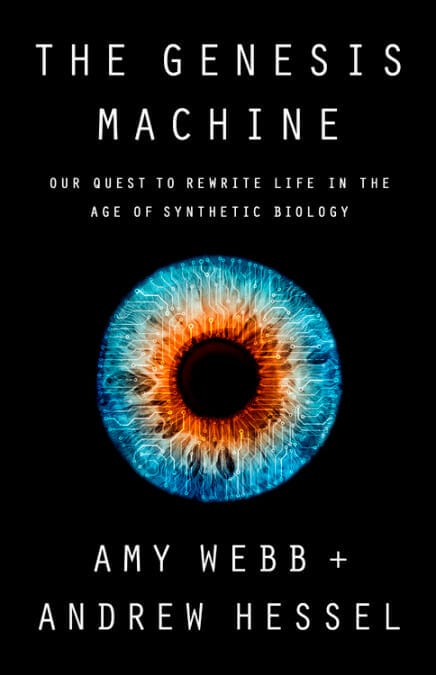
The Genesis Machine: Our Quest to Rewrite Life in the Age of Synthetic Biology
(Public Affairs, February 2022)
Geneticist and futurist Andrew Hessel is a catalyst in biological technologies, helping industry, academics, and authorities better understand and prepare for the changes happening in life science. Co-founder of Humane Genomics Inc., and chairman and co-executive director of the Genome Project-write / The Center of Excellence for Engineering Biology, he’s a key advisor to cross-industry businesses as well as governments and educational institutions on what’s on the bio-technology and synthetic biology horizon and the security, regulatory and ethical considerations that will come along with these breakthroughs. Hessel is available to discuss any or all of the following topics during one-on-one or small group advisory meetings. Each program can be customized to meet the needs and goals of your organization with the added option of meeting virtually or in person.
The Business of Bioengineering and Synthetic Biology
- R&D Opportunities in Food, Cosmetic, Material Science, Energy, Manufacturing and Health Care Industries
- The Coming Bio-Economy
- How Costs and Time-to-Market for Full Genome Synthesis are Shrinking
- Regulatory, Security, and Ethical Components
The Future of Healthcare
- Individualized Targeted Therapies Will Change Health Care
- How Scientists are Writing the Operating System for Cells
- Opportunities for Pharma Companies to Build Better Systems
- How Viruses will be “The Next App Store”
Bio-Banking
- DNA will be the Data Storage of the Future
- How Physical and Electronic Bio-Banks will be Employed
Praise for "The Genesis Machine"
“’The Genesis Machine’ is a very readable story about how the DNA world is shifting from reading the genetic code to writing and editing it. Amy Webb and Andrew Hessel then take the reader on a journey of possible world changing events that could result from this new technology.”
“This spectacular and highly accessible book clearly and thoughtfully examines the most important revolution of our lives––and of life itself. Understanding how we and future generations will use the tools of synthetic biology to transform the worlds inside and around us is essential to being an informed and empowered person and citizen in the twenty-first century. ‘The Genesis Machine’ is a guide to exactly that and a must-read book.”
“You may not realize it yet, but your life—and all of life itself—is about to change. From programmable genes to designer medicines, synthetic biology is going to transform everything. ‘The Genesis Machine’ is a surprisingly intimate, incisive, and readable guide to the opportunities, risks, and moral dilemmas of the brave new world ahead.”
“If future technologies arrive gradually and then seemingly all at once, then the biotech-driven future is poised to arrive in ways that are far beyond the reach of our imaginations and at the same time knocking at our doors right now. Amy Webb and Andrew Hessel offer an essential guide to understanding biotech frontiers, and they outline important questions and approaches to consider now. An essential book for business leaders.”
“’The Genesis Machine’ is a tour de force! Amy Webb and Andrew Hessel masterfully reveal the emerging network of forces—people, labs, computer systems, government agencies, and businesses—that will drive humanity’s next great transformation. Their fascinating (and frightening) conclusions—that the human ecosystem can actually become programmed—will touch every facet of our lives in the future. This brilliant work is an absolute must-read for national security professionals and defense planners who need to understand the complex dynamics at play in the future competition for bio-hegemony.”
“We can now program biological systems like we program computers, with artificial intelligence and machine learning accelerating the speed of innovation and applications of synthetic biology. In an accessible and fascinating narrative, ‘The Genesis Machine’ lays out a roadmap for this interdisciplinary field of synthetic biology that is forever reshaping life as we know it.”
“Are latest innovations in synthetic biology simply a miracle that ends a crisis or a breakthrough to an entirely new way of living? That’s the question futurist Amy Webb and microbiologist Andrew Hessel reveal for us with this fascinating book. The history of the world is a history of unintended consequences, for better and for worse, and Webb and Hessel capture the coming fusion of tech and biology in vivid detail.”
“’The Genesis Machine’ is fantastic, explaining how genetic code is the alphabet in which much of the future will be written. Amy Webb and Andrew Hessel have taken the very complicated subject of synthetic biology and made it understandable with sharp prose and sharp analysis that cut through mysteries of science and twenty-first-century humanism.”
“A look at the coming revolution in biotechnology, with all its possible goods and evils. ‘A great transformation of life is underway,’ write futurist Webb and geneticist Hessel. The rising field of synthetic biology, with its underlying technology of gene editing, will allow for numerous things that do not yet exist, including the ability to sequence the genome of a virus nearly immediately, affording scientists a vast library of viruses that will provide the wherewithal to “cure any genetic disease in humankind.” That revolution, the authors write, will remake food, energy, transportation, the supply chain, and commerce as a whole. Granted, write Webb and Hessel, this is a vast Pandora’s box. Synthetic biology is largely the province of corporations and governments in the developed world, and it is not outside the realm of reason to think that a corporation might maximize profit or a government, political gain through its ability to control the food supply and indeed the genetic library of the planet. The problem, as the authors note in deeply researched but accessible prose, is that there is little in the way of coherence in terms of international agreements or “consensus on the acceptable circumstances under which humans should manipulate human, animal, or plant life.” Part of that problem is the generally laissez faire attitude of some governments, especially the U.S., to develop regulations that “don’t intervene until there’s a problem, so as not to stifle innovations.” Because the current regulatory climate isn’t well structured for future-proofing, one important step is the development of a body of law and convention acknowledging that “this new approach to biology warrants a new approach to regulation,” balancing the public good with scientific and commercial interests. The authors propose planks of a platform to this end while noting the difficulty of reining in tech-driven countries such as China to honor international licensing systems and other controls. A wrinkle on the near future that many readers will not have pondered—and should.”
“In this thought-provoking introduction to synthetic biology, hope and worry go hand-in-hand when considering the vast potential of biotechnologies (DNA synthesis, genome editing) restyling life and even creating new organisms. And while the ability to transform life at its most fundamental level promises wonderful benefits (the elimination of diseases, an abundant global food supply, environmental assistance), the power to reprogram life raises multiple ethical and moral concerns. Who controls this awesome skill (scientists, governments, or entrepreneurs?) and how? What about cost and equitable accessibility to its medical use, the rush to enhancements, and the specter of eugenics? Genetically engineered twin babies in China, the making of a super rice, a ‘gene drive’ that modifies the genetics of disease-carrying mosquitoes are examples of synthetic biology’s recent feats. Webb and Hessel recount landmark biotech moments, such as bioengineering bacterial cells to produce human insulin, and discuss a variety of molecular biology tools and methodologies, from CRISPR to bioreactors, modern DNA synthesizers, and a digital-to-biological converter. Synthetic biology is breathtaking science, but it is also scary. Who’s in charge, and where are the brakes?”
